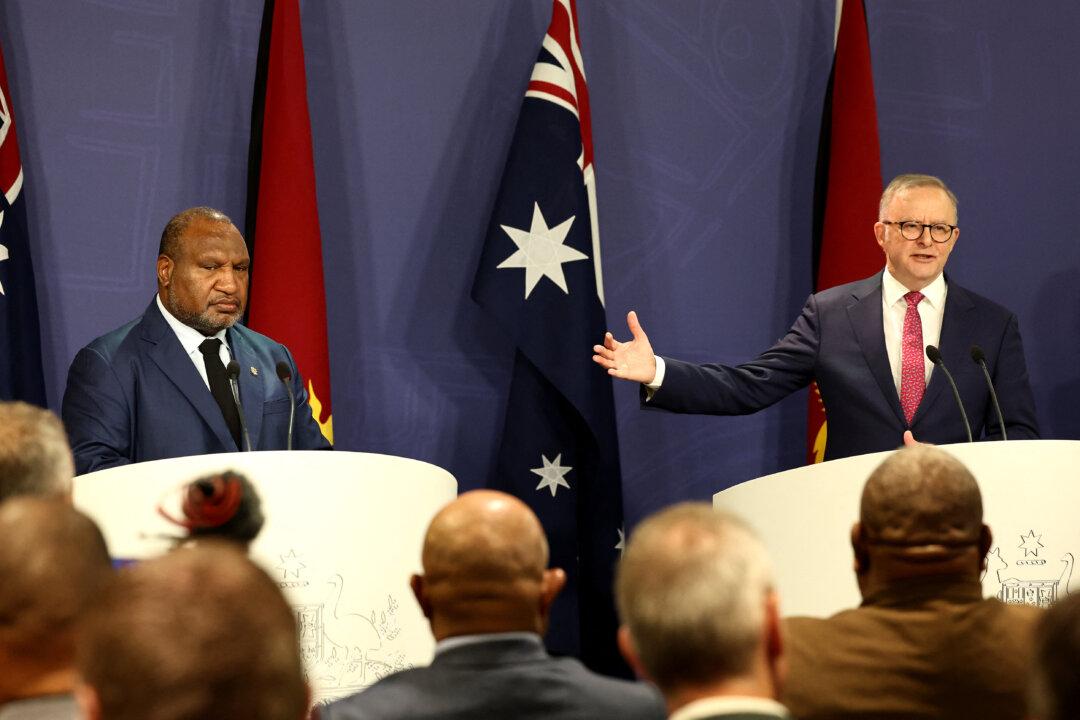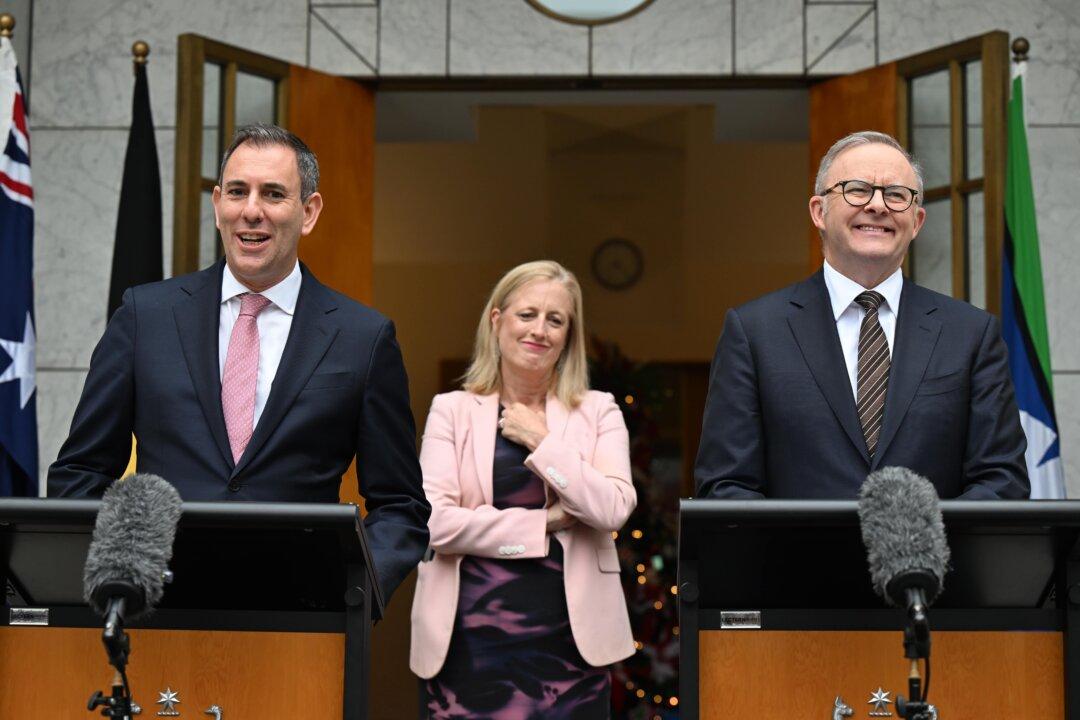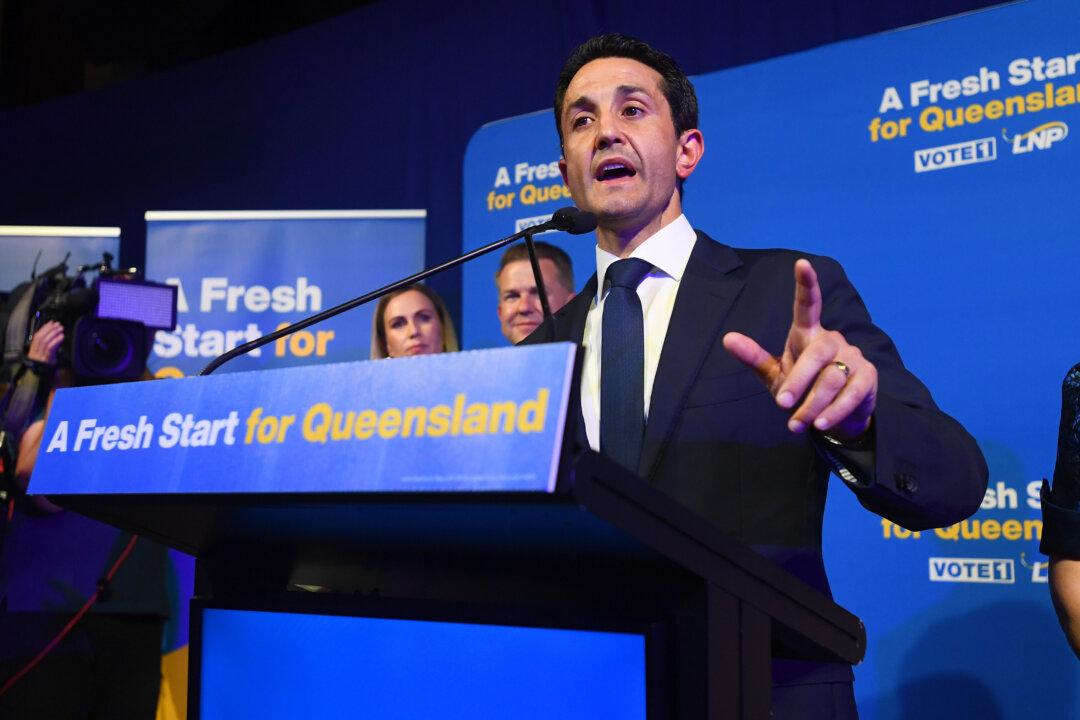The Australian government will commit an initial AU$4 million (US $2.87 million) to Ukraine for military assistance, which comes after Prime Minister Scott Morrison earlier promised to send lethal and non-lethal military equipment to the embattled country.
Morrison told Radio 4BC that the government was working with NATO partners on the most effective way to ship the aid to Ukraine.
“We’ve got an initial commitment into NATO this morning, which is providing non-lethal support, so that medical packages those sorts of things to assist in the conflict zone. But we'll be making further announcements about a broader humanitarian assistance support,” the prime minister said on Feb. 28.

The latest move comes after Australia, along with like-minded nations, imposed heavy sanctions on the Russian leadership targeting 350 oligarchs, MPs, and military commanders, as well as 13 Belarusian individuals including its defence minister, Viktor Khrenin.
Australia, along with the European Commission, France, Germany, Italy, United Kingdom, Canada, and the United States, have also rolled out extensive economic sanctions to essentially place immense pressure on the Russian financial system.
The measures include the removal of Russian banks from the SWIFT global payments system—integral for inter-country money transfers; restrictions stopping the Russian Central Bank from accessing its currency reserves located overseas; limiting “golden passports” for wealthy Russians connected to the authorities; and setting up a task force to identify and freeze the assets of sanctioned individuals and companies.
“They will also paralyse Russia’s foreign reserves and prevent Russian officials and elites from accessing key financial systems.”
However, in response to the sanctions, Russian President Vladimir Putin ordered his nuclear forces to be on high alert.
“Western countries are not only taking unfriendly actions against our country in the economic area. I’m speaking about the illegitimate sanctions that everyone is well aware of,” Putin said on Feb. 27, according to state-backed Russian media.





